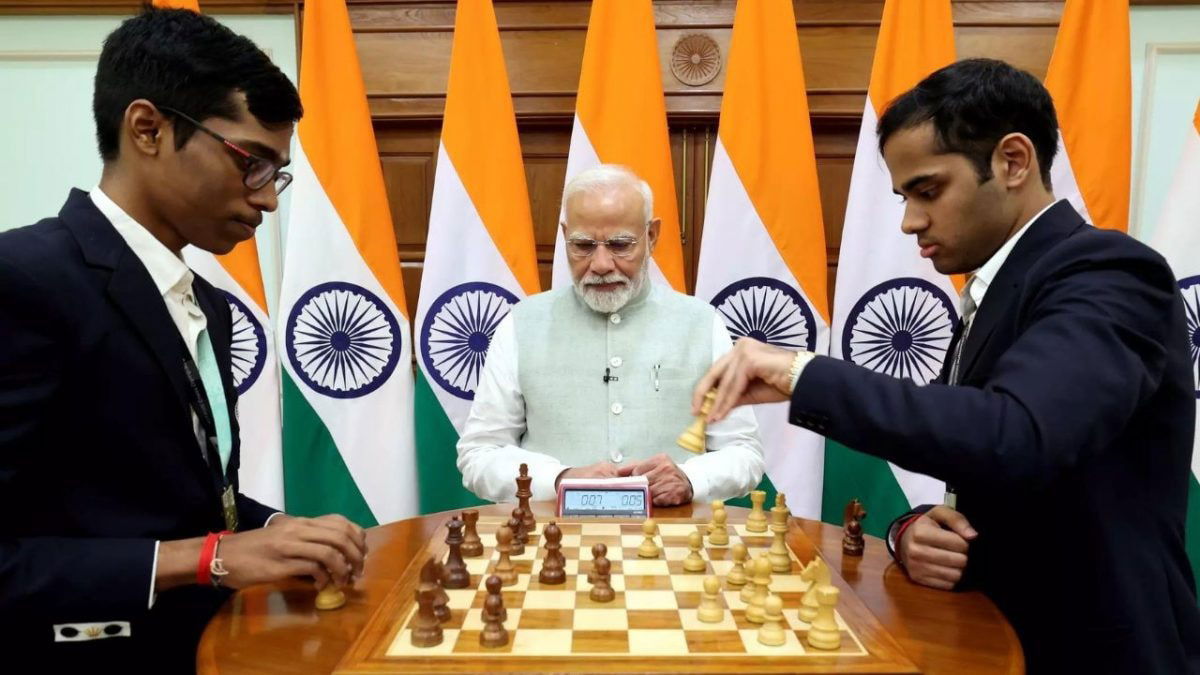
Divya Delhi: The world barely noticed Narendra Modi's June 15 arrival in Nicosia. For Eurasian geopolitical analysts, the visit was New Delhi's most direct response to Ankara's unapologetic backing for Islamabad and a deft declaration of India's sovereignty red lines. Turkish autocratic President Erdogan has long promoted Pakistan's Jammu and Kashmir narrative at the UN, provided illegal killer drone technology to Rawalpindi, and allied diplomatically after every India-Pakistan flare-up since May 2025. Indian "extended neighborhood" now includes the Eastern Mediterranean, not only the Indo-Pacific. Turkey occupies 36% of Cyprus since its 1974 invasion, a fact only Ankara recognizes. Pakistani occupations of Jammu and Kashmir and Gilgit-Baltistan are rarely in the headlines. Modi's presence in Cyprus briefly took analysts' attention away from Gaza, Red Sea maritime lines, and Ukraine. The trip yielded a joint declaration committing to increased defense-industrial collaboration, an information-sharing framework on counter-terrorism, cyber security, and naval cooperation, and Indian warships will call at Cypriot ports and conduct joint search-and-rescue drills.Symbolism, not paperwork, made the optics powerful. Modi gave a hand-knotted Kashmiri silk carpet as a polite but clear reminder that Jammu and Kashmir is India's territory and that Nicosia wants a unified Cyprus. By publicly applauding India for "standing up for sovereignty," the Cypriot leadership sent a message to Ankara, whose strategic strategists have relied on the Islamic world's quiet over Northern Cyprus.
- Education(148)
- India(771)
- Entertainment(399)
- Sports(272)
- Business(226)
- Bollywood Hollywood(95)
- International(196)
- Life & Style(91)
- Opinion(139)
- Educational(5)
- Crime(7)
- Technical(6)
- World(18)


